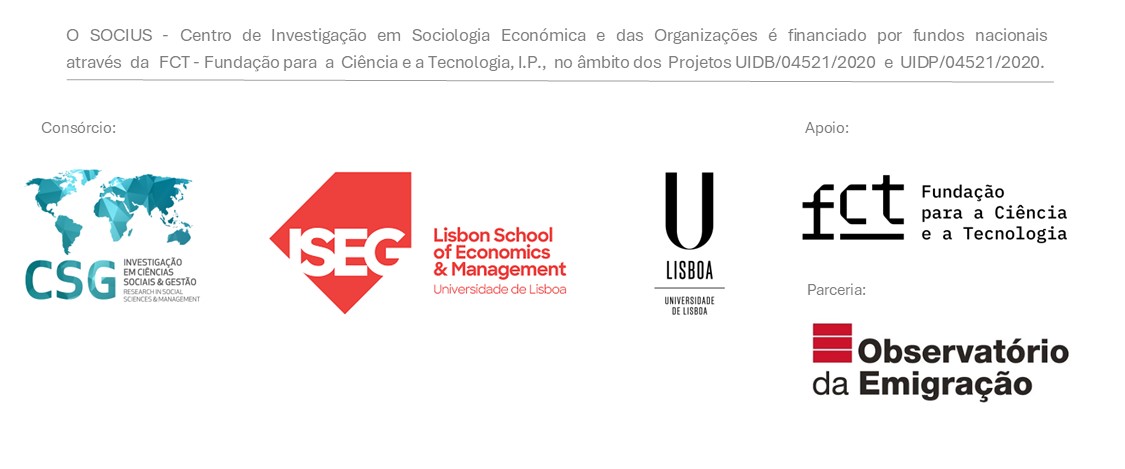|
|
HOME |
SOCIUS |
Equipa |
Investigação |
Publicações |
Eventos |
Cursos |
Contactos |
English Version |
|
Investigação
|
|
Inequality, individual behaviour, and policy reforms: evidence from administrative tax records
The “TAXINEQ” project contributes to the frontier of knowledge about the measurement, causes and consequences of economic inequality and the role of public policies. In order
to deliver this objective, it has put together a skilled multi-disciplinary and international team, that combines and junior and more experienced researchers.
In the very first lines of Anthony Atkinson’s testament book – “Inequality, what can be done?” – published in 2015, he wrote “Inequality is now at the forefront of
public debate”. Indeed, inequality has been named by the respondents of a 2014 survey by the Pew Research Center as the greatest threat to the society. The
interest of the research and policy communities for inequality has been fueled by the availability of new administrative data sets that cover the universe of
taxpayers, which allowed to improve our insights about measuring inequality, its causes, and consequences. TAXINEQ advances the frontier of knowledge in this
domain.
TAXINEQ takes advantage of rich and hitherto unexploited administrative tax data from Portugal. The path breaking nature of TAXINEQ is grounded on the
following facts: (i) income, wealth, and consumption tax records have unique individual identifiers that allow us to merge the datasets; (ii) Consumption data is
collected through a system of electronic invoicing through which consumption is reported to the Portuguese Tax Authority by retailers, thus avoiding the usual
misreporting caveat that is common to self-reported retrospective survey data; (iii) consumption data is collected at a monthly frequency.
The most important contribution of TAXINEQ, the first Work Package (WP), exploits these features of the data to provide the first high-frequency, robust, and
unbiased study of the link between income and consumption. This parameter is of high importance for the design of welfare state (tax and transfer) policies when
individuals face constraints which create a positive link between transitory changes in income and consumption, i.e., when consumption smoothing fails to apply.
Moreover, TAXINEQ will exploit the richness of the demographics reported in the income tax, as well as income and wealth measures to document heterogeneity in
the propensity to consume. As transfer and tax policies depend on household composition and income levels, the first WP of TAXINEQ will provide
microfoundations to finetune these policies. |
|
| HOME | SOCIUS | Equipa | Investigação | Publicações | Eventos | Formação | Contactos| Login Socius | EMAIL: socius@iseg.ulisboa.pt |
 | |
| Esta página foi actualizada em
|
|
